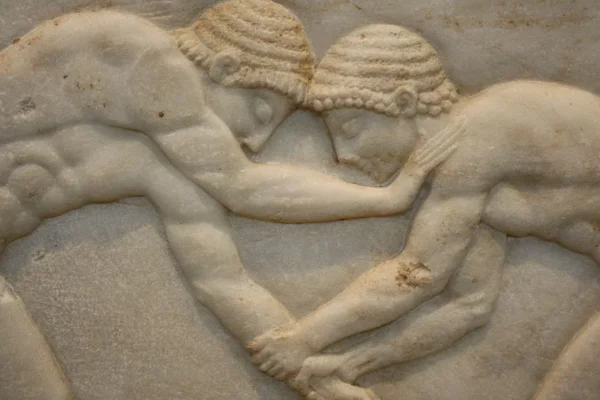When I posted this photograph on Instagram a few days ago, it received quite a lot of interest, so I thought I’d update you on what happened. To fill you in, if you’re just re-joining us after the holidays, I’ve been soaking up the last of summer in the Peloponnese with my family around the town of Monemvasia, a wild and rustic part of Greece where unexcavated Greek and Roman archaeological sites are just part of the landscape, both on land and underwater.
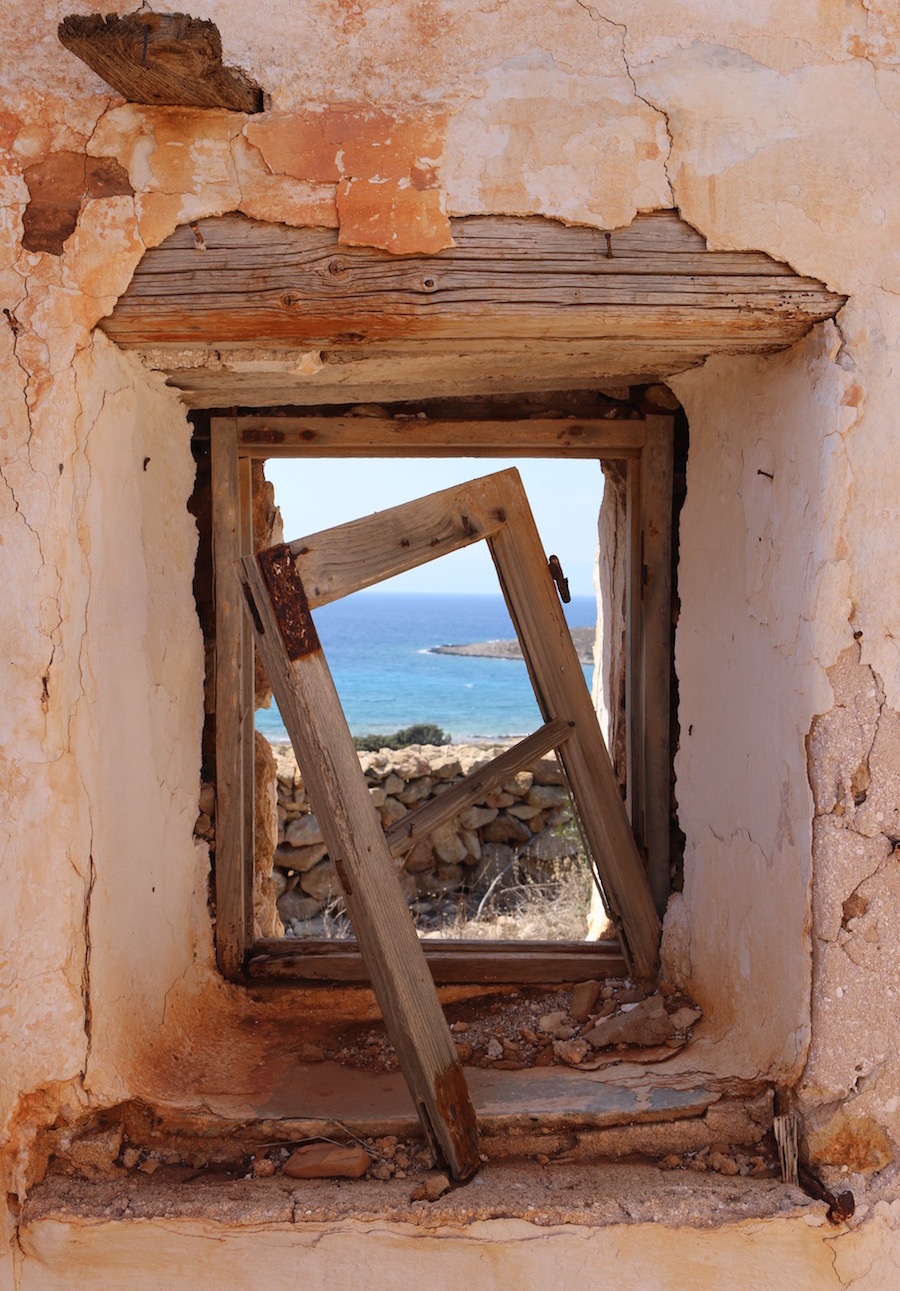
On his first day ever visiting Greece, my partner (in crime) Alex and I, were snorkelling out in the bay of a tiny fishing port when he spotted a tiny piece of what appeared to a handle sticking out of the sand. He dove 8 meters down, struggled with it for a few seconds and proceeded to pull out a 2000 year-old vase from the sea floor. I couldn’t believe my eyes. I was nearly drowning in my own laughter as he lifted it out of the water above our heads.

At this point, we didn’t know anything about the object except that it looked … well, very old. My Padre is conveniently a lifetime collector of this stuff, specialised particularly in Greek and Roman antiquity, but he was hanging out in the next village over. So we decided, rather naïvely, to drag it all the way back to shore and discretely bundle it into the boot of our car. While we suspected we weren’t going to be able to take this home as a souvenir, it wasn’t until some research later that night, that we found out you’re not really supposed to take these things out of the sea. But if we hadn’t, Dad wouldn’t have been able to confirm that Alex had indeed found a 2000 year-old Greek amphora (9th-7th century BC), typically used as storage and transport vessels for olives, cereal, oil, and wine. Just an average day snorkelling in the Peloponnese.
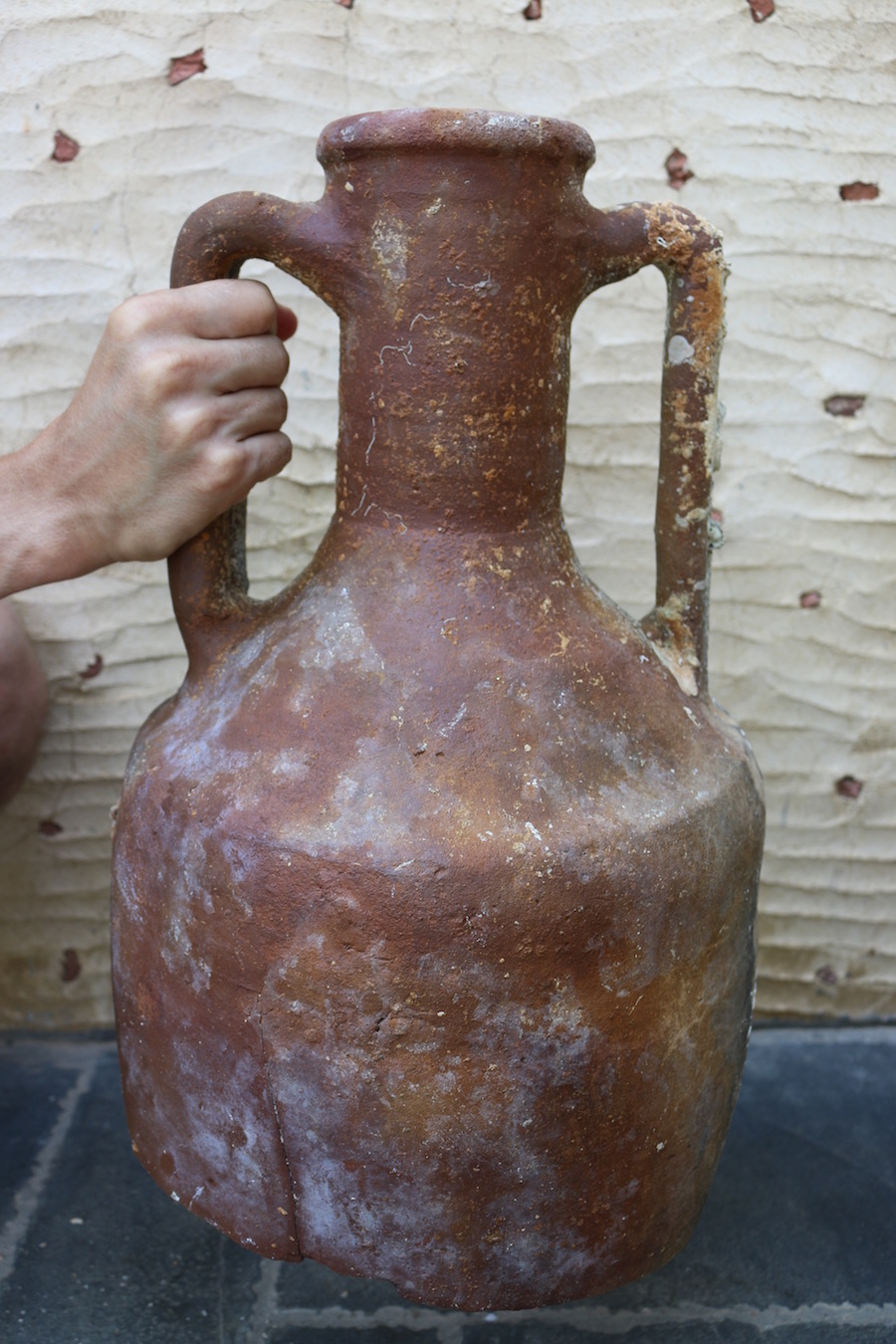
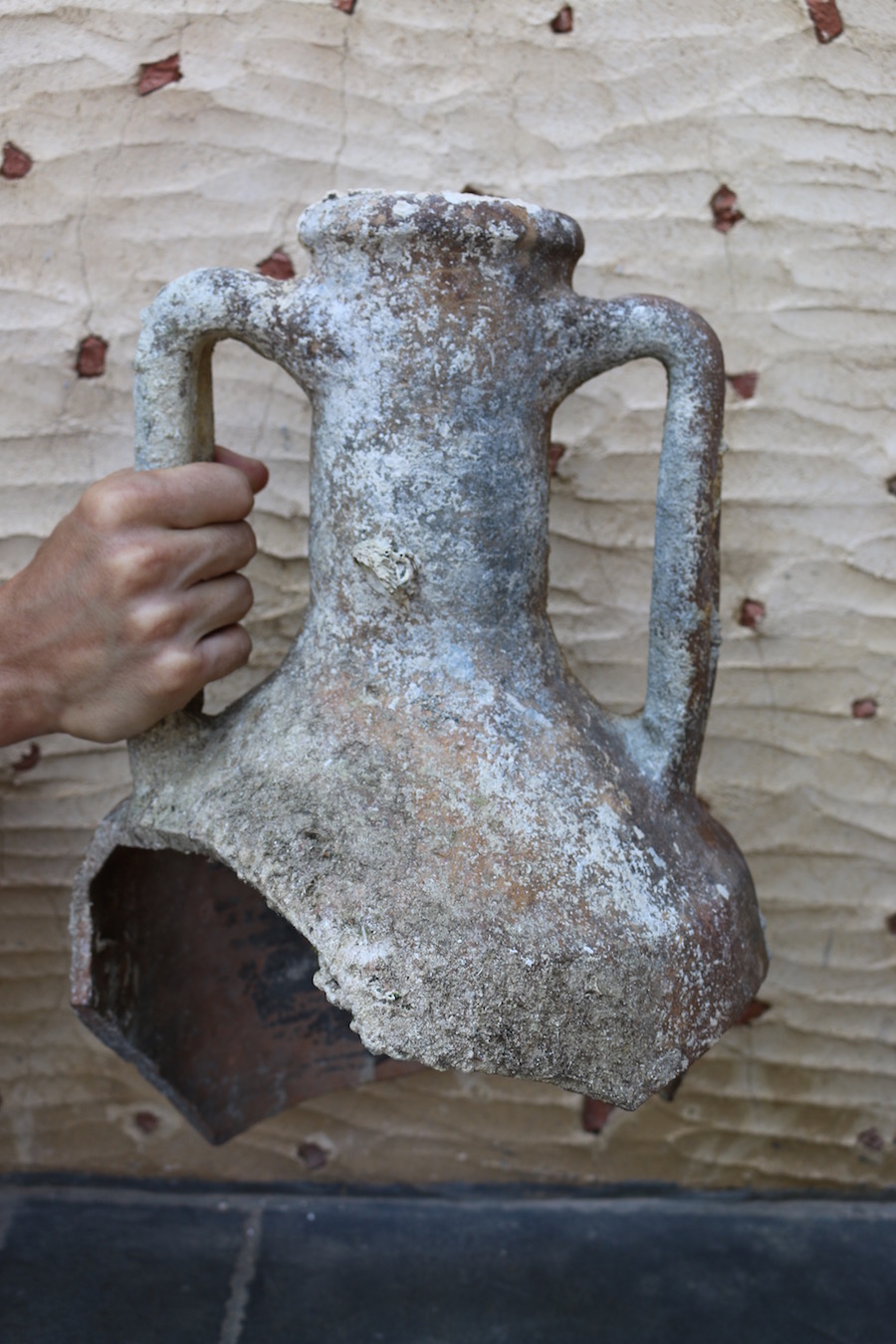 We returned a few days later to the same bay and this time, Alex pulled out yet another amphora, this one fully in tact, although perhaps Medieval rather than Ancient Greek or Roman…
We returned a few days later to the same bay and this time, Alex pulled out yet another amphora, this one fully in tact, although perhaps Medieval rather than Ancient Greek or Roman…
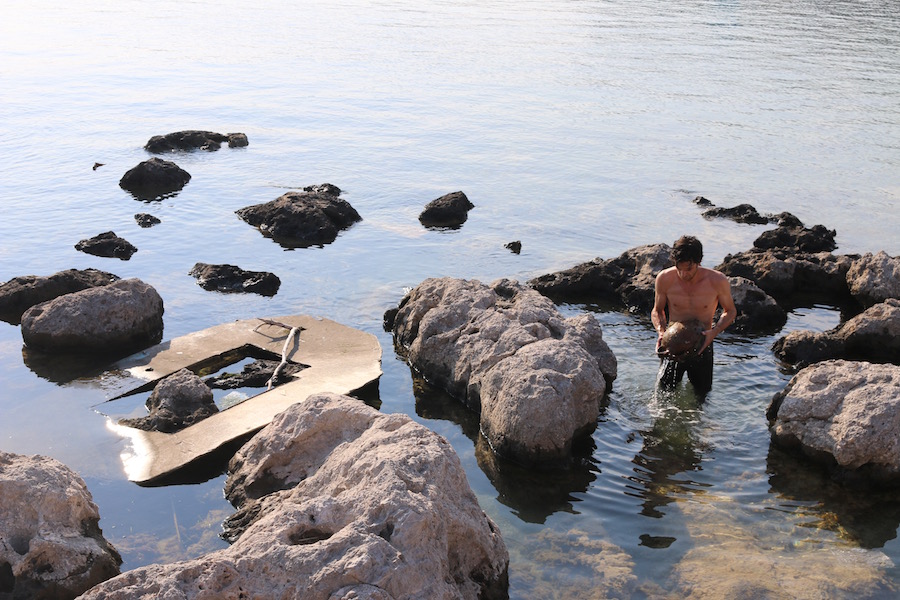
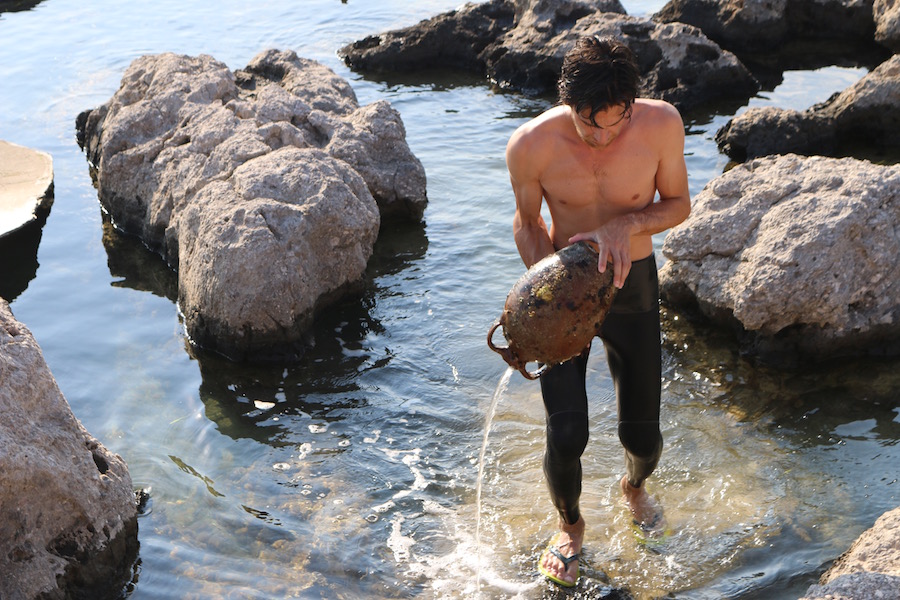 We also found some very old pottery…
We also found some very old pottery… 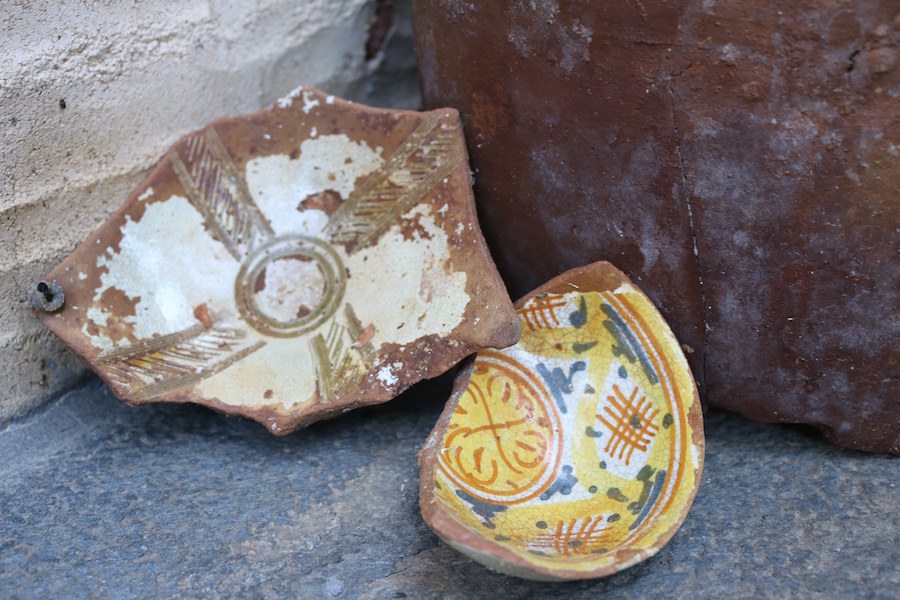
So what did we do with our loot? We spent several days ummming and ahhhing over the subject. And I won’t pretend I didn’t picture that Ancient Greek amphora on a pedestal with some good lighting, standing handsomely in our living room back in Paris. But rules are rules and I think perhaps the Greeks have had enough foreigners claiming their heritage (I’m looking at you British Museum). Not to mention the five-year jail sentence that awaits anyone caught smuggling antiquities through the luggage scanners of Athens airport. On our last day, we returned one final time to the bay and we were just about to walk into the sea to sink the amphoras when I noticed small chapel on the hill behind us.

I wish I could stick around to see what the local priest decides to do with them when he returns to find them on his doorstep.

Thanks for the great memories Greece.








